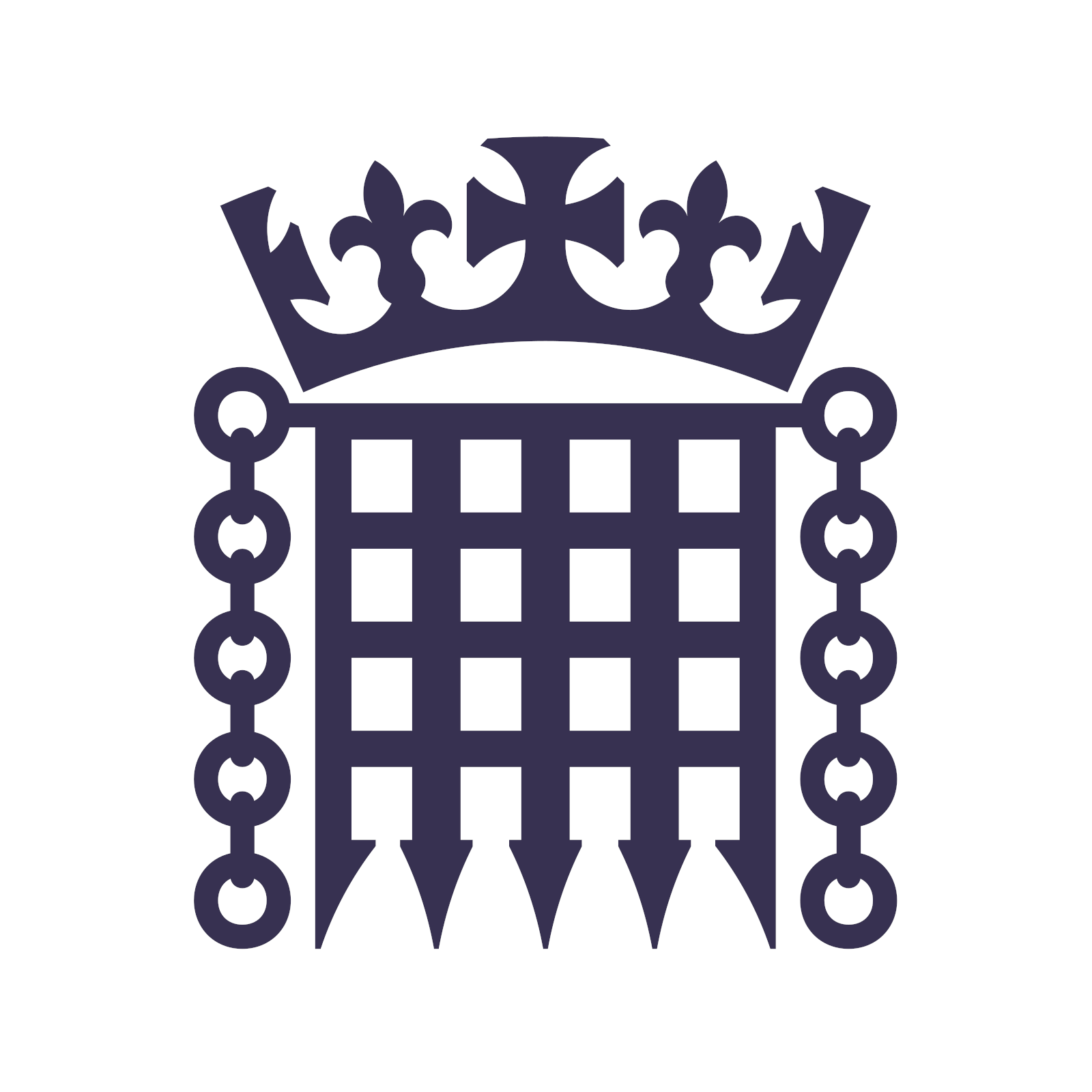- cross-posted to:
- [email protected]
- cross-posted to:
- [email protected]
cross-posted from: https://feddit.uk/post/10932557
Labour will fully nationalise the train network within five years of coming to power, with a pledge to guarantee the cheapest fares as part of “the biggest reform of our railways for a generation”.
One of Labour’s first major acts in government will bring all passenger rail into national ownership under Great British Railways as contracts with private operators expire, a plan endorsed by the architect of the Conservatives’ own rail plan.
Labour will announce it plans to cut waste and claw back shareholder dividends, saving £2.2bn. It will establish a watchdog, the Passenger Standards Authority, to scrutinise the new system. Passengers will be offered best-price ticket guarantees, automatic delay repay and digital season tickets across the network.
bIn a speech on Thursday, the shadow transport secretary, Louise Haigh, will say renationalisation “is not going to be easy and it will take hard graft, but it will be my mission to get us to the right destination and to deliver for the Great British passenger”.
Labour insiders hailed the announcement as the moment the party would begin to champion its more radical proposals in the run-up to an election campaign, after a number of U-turns including over green investment.



Once the train operator contracts expire and revert to the government the rolling stock companies will find they’re negotiating prices with a single very informed, very long term customer who can essentially set the price.
They’ll be begging to sell up. Itll be after the next GE by the timeline labour have put though so I’d expect it in that manifesto
To add onto my previous reply, buying trains isn’t like you or I buying groceries or even the NHS buying pharmaceuticals. If you or I don’t like Tesco’s products or prices we can cross the road and go to Asda (or Morrisons or Aldi or Waitrose etc) with no consequences or interruption of supply at all for us.
Likewise for the NHS if they don’t like the terms for a drug from generic supplier A, they can buy from generic supplier B. And for many drugs produced as generics there are large manufacturers who are kitted out to do this at reasonably short timeframes with shortfalls from switching suppliers that can be covered from strategic supplies.
Trains on the other hand have working lifespans in decades (sometimes too many decades!). We don’t have spares just sat about as they’re hugely expensive assets, so if you want a different one you have to buy a new one. Buying new ones is a lengthy process that takes years for development, manufacturing, testing, driver training and modifications to infrastructure (power requirements, clearances, platforms alterations etc). You can’t be without trains either as the country requires the trains to run reasonably reliably for a huge amount of economic activity. So it isn’t a simple matter of deciding one is leaving of one train supplier and just going to another. So they kind of have you over a barrel in that sense. It’s a very poor negotiating position.
They kinda already do though. The government tells them what trains they can buy for which routes, and then tells them what they can charge. And they’re still drawing a profit today.
This is a point I hadn’t considered, and a good one at that.
I also considered that there is decent amounts of rolling stock that need modernisation, and a push to remove diesel locomotives from remaining routes; both might be opportunities for BR to buy their own stock, in place of rentals.